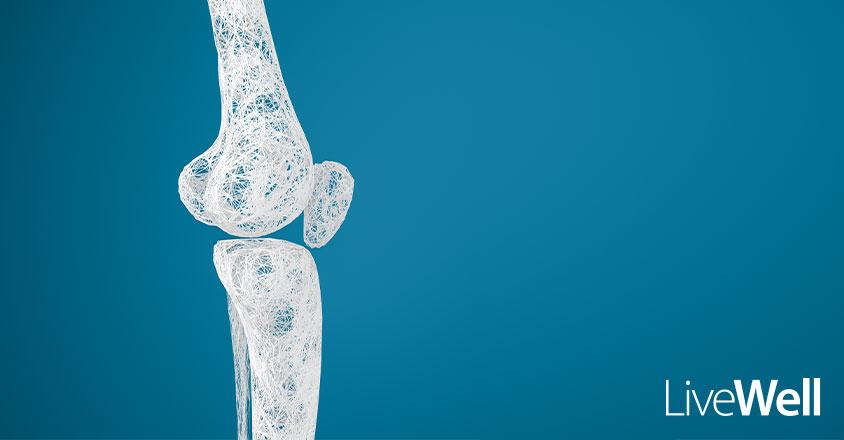

Bone-a-fide
Osteoporosis is a skeletal disorder that occurs when a body loses too much bone or doesn’t make enough bone. Bone tissue deteriorates, leading to an increased risk of fracture. The Bone Health and Osteoporosis Foundation states that 54 million Americans have osteoporosis, most of them elderly.
Osteoporosis is often called a “silent” disease since the first symptom is often a broken bone. However, if you experience any of the following, share your concerns with your primary provider. They may refer you to a orthopedic physician.
Symptoms
- Sloping shoulders
- Curvature of the back
- Height loss
- Back pain
Testing
Osteoporosis is confirmed with a bone density test. The U.S. Preventive Services Task Force recommends that women aged 65 and older and postmenopausal women with an increased risk of osteoporosis have a bone density test. A conversation with your doctor will help you decide when to have the testing done.
Thankfully, the test is painless. It’s like having an X-ray. The test will measure your bone density and compare it to the bones of an average, healthy adult. Your result is called a T-score. The T-score will let your doctor know whether you have healthy bones, osteoporosis or osteopenia, which is low bone density, but not as severe as osteoporosis.
Treatment
Based on your T-score, your doctor may propose a treatment plan.
- Possibly prescribe medications to build bone mass and prevent bone loss.
- Increase your calcium.
- Make sure you are getting enough vitamin D.
- Encourage physical activity.
The same things your doctor recommends for treatment are also ways to prevent osteoporosis.
Prevention
- Maintain a healthy weight.
- Eat foods that support bone health, like calcium, vitamin D and protein.
- Choose more low-impact activities like walking, swimming and biking over high-impact activities.
- Cut back on smoking and drinking. Chronic use of both is proven to weaken bones.
Talk to your primary care physician about the best ways to avoid this disease.
Learn more about the Genesis Orthopedic Center at Genesishcs.org/orthopedic.
Ready to get healthy?
Sign up for our digital newsletters to receive health tips, recipes, success stories for inspiration and information about new doctors to help you on your journey to better health.
Genesis HealthCare System’s Health and Wellness content conveniently provides accurate and helpful information. Your health history and current health may impact suggestions provided through our Health and Wellness content. Although we hope this information is helpful, it is not a substitute for your doctor's medical advice. Before making any significant changes, please consult your doctor.



